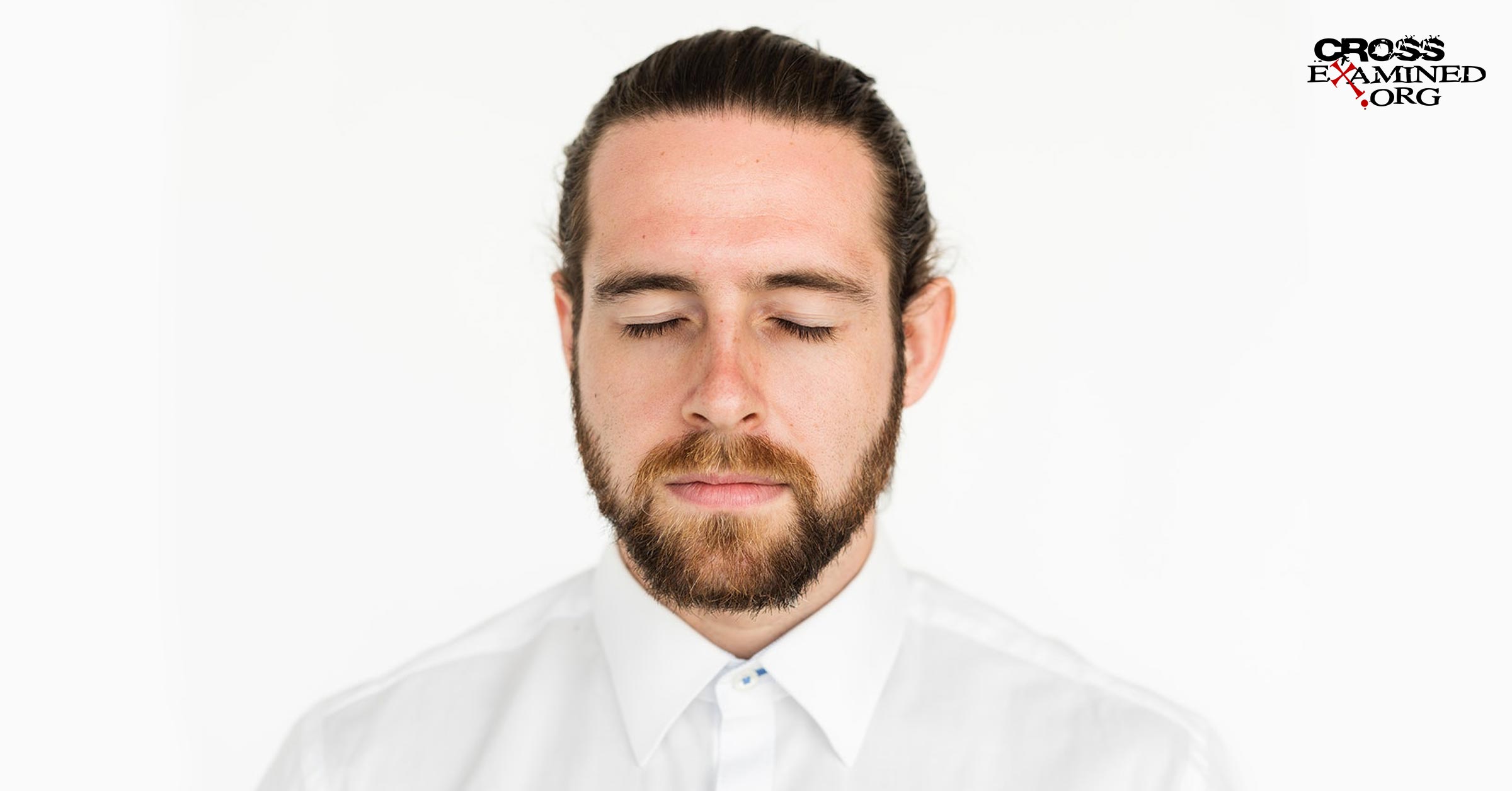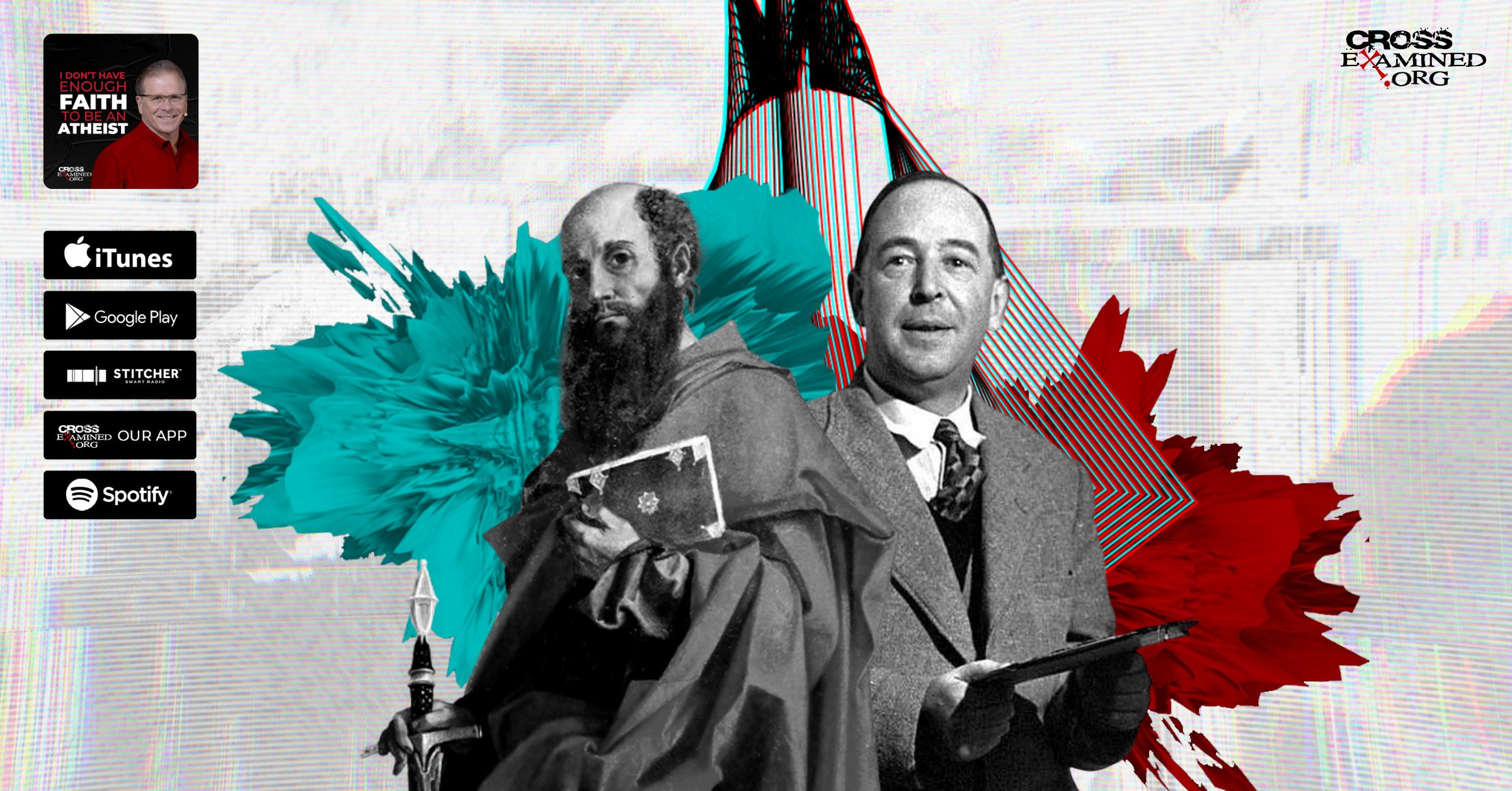I’m Having Doubts. Is that Okay?
Is doubting sinful?
If you have ever asked this question, you’re not alone. It’s an important question because doubt is part of the human experience. Therefore, Christians should ponder the question and seek to find out if God condones his people to have doubts.
If so, to what extent? What are the boundaries if doubt in itself is not sinful? What should God’s people do with their doubts?
Before we get too far, let’s define some terms:[1]
- Doubt: 1) verb. To be undecided or uncertain. 2) noun. A feeling of uncertainty about the truth, reality, or nature of something.
- Unbelief: noun. The state or quality of not believing; skepticism, especially in matters of religion.
- Faith (or belief): noun. 1) confidence or trust in a person or thing. 2) belief about someone or something with good reason. 3) belief that is not based on proof.
For most Christians, it is clear that the Church does not have a positive attitude toward doubt. Many Christians have left the faith altogether from festering doubts which were never addressed because they felt there was no safe space in the Church to make their concerns known.[2]
Indeed, in recent years, the Church has, by and large, neglected to seriously consider the question of whether doubt (or asking questions) is sinful.
The result has been damaging: Those who have doubts and questions don’t trust the Church enough to be honest and open. If there is one place in the world Christians should feel safe exposing their doubt, it’s with the Church. Rather, they go outside the Church to ask their questions, where they are welcomed with the open arms of a tolerant, inclusive, and diverse world.
Maybe this is your story. Maybe you have doubts in the back of your mind, but you feel like addressing them will make you a bad Christian or make God mad at you. Maybe you know people whose doubt led to deconversion.
That would understandably cause fear in anyone. Please hear that you are not alone. There is hope in Jesus, and you will see how addressing your doubt is actually what will keep your faith strong in the long run.
With some exceptions, the Church has sidestepped the question of doubt by labeling all doubt as sinful, setting doubt in direct opposition with faith. Hence, the common mantras such as “just have faith” and “don’t ask questions” are believed without any reservation as biblical truth.
Taking a step back and examining the question of doubt is valuable because it forces us to ask ourselves if our theology is accurately reflecting the true teachings of Scripture. Examining our beliefs, which we often put little to no thought toward, is critical if we want to grow in our knowledge, understanding, and love of God and others.
The Source of Doubt
When having doubts about faith, we first have to ask, “Where did this doubt come from?” Identifying the source of doubt will help you determine how to deal with it. All doubt is spiritual, but there are two “categories” of doubt: emotional doubt and intellectual doubt.
Emotional Doubt
In short, emotional doubt is caused by an emotional impact on your life. For example, when people experience the deep loss of a loved one, the emotional impact causes them to question God’s love, goodness, or his existence altogether. You may have this doubt yourself, and that’s okay.
A good test to see if doubt is caused by an emotional impact is to ask, “What is my primary emotion toward God when I think about this?” If it’s anger or resentment or grief, it’s probably emotional doubt. When addressing this doubt, you would seek assurance that Christianity is good.
Intellectual Doubt
Intellectual doubt deals with what you do or don’t know about God. In other words, intellectual doubt is focused on facts rather than pure emotion. Intellectual doubt can indeed cause some emotions, but in this case, the source of the doubt is intellectual while the effect of the doubt is emotional.
For this doubt to be addressed (which can also help emotional doubt), you would seek assurance that Christianity is true. Again, ask the question, “What is my primary emotion toward God when I think about this?” If it’s uncertainty or confusion, your doubt is probably intellectual.
Doubt, Faith, and Unbelief
As mentioned in the introduction, doubt is often used as the opposite of faith in the Church. However, this is not the case. The opposite of faith is unbelief. In the New Testament, the words “faith” and “believe” are the same in the original language (Greek). A good example is Romans 4:4:
Now to the one who works, pay is not credited as a gift, but as something owed. But to the one who does not work, but believes in him who justifies the ungodly, his faith is credited as righteousness.
In the English language, “believes” and “faith” are different words, yet in the Greek language, they are the same. “Believes” is the verb form (pisteuō), and “faith” is the verb form (pistis). When we say we have faith in Christ, we are synonymously saying we believe in Christ. (Just as important, when we say we believe in Christ, it’s not merely a cognitive belief or recognition, as if we are saying we believe that, say, air exists. Rather, we are saying that we believe in Jesus and align our lives in accordance with that belief. It changes who we are from the inside out.)
How does it follow that doubt is the opposite of faith? Doubt is uncertainty about something. Unbelief is a conviction that something isn’t true, while faith is a conviction (or assurance) that something is true. In other words, doubt is the middle ground of faith and unbelief.
The Direction of Doubt
It is hard to see how doubt is sinful when one reflects on it long enough. As mentioned in the opening, it’s part of the human experience. People are going to doubt no matter what. The sin is not the doubt. The sin is what you do with the doubt, or where you decided to let the doubt take you.
We have seen how doubt is the middle ground, or tension, of faith and unbelief. This implies there is a decision to be made to go toward one (faith) or the other (unbelief). In our doubt, we can decide to go to many sources and voices that can lead us to unbelief. Conversely, many places are available to go to for answers to our doubts that keep our faith intact.
Ignoring doubts also can lead to unbelief. In the same way, we can choose to go to the object of our faith, Jesus, and see what he has to say about the matter.
Sin comes when our conclusions drive us toward unbelief. When our conclusions cause us to trust Christ and go deeper in our pursuit of God’s truth, our faith is strengthened, and the doubt is answered. In other words, sin enters the picture when uncertainty turns to unbelief, while stronger faith is produced when uncertainty turns to assurance.
Jesus’s Response to Doubt
In the seventh chapter of Luke’s Gospel, he records a story about John the Baptist. John the Baptist is regarded as a great spiritual model in the Church as he “prepared the way” for Jesus to begin his ministry.
Yet, in this story, John the Baptist is recorded as having doubts himself!
What? Not John the Baptist!
In this story, John was in prison for his faith. Things were not turning out as he hoped they would. It’s not a huge stretch to assume John knew he was nearing the end of his life, and understandably, he wanted assurance that Jesus was the Messiah. He wanted to make sure his death would not be in vain, since Jesus was not doing the things that the average Jew thought the Messiah would do at that time in Israel.
John decided to send some of his disciples to ask Jesus, “Are you the one to come, or should we expect someone else?”
Once his disciples asked Jesus the question, Jesus’s response was very telling. It was not, “You go tell John to just have faith and quit asking questions! Doubting is sinful!”
Instead, Jesus’s response was to “go and tell John what you have seen and heard: The blind receive their sight, the lame walk, the lepers are cleansed, the deaf hear, and the dead are raised…”
Jesus did not want them to have blind faith in who he was. The point of his miracles was to point to the fact that he is “the one who is to come.” He provided evidence for the divine claims he made through his miracles. That’s what he pointed to when he was questioned.
Lastly, in verse 28, Jesus said about John, who had just doubted him, that “among those born of women, none is greater than John.” Even after doubting and needing assurance, Jesus commends John the Baptist!
Conclusion
Although doubt is seen as a negative in a large portion of the Church, be encouraged that the Lord’s attitude about doubt is very different. You aren’t a “bad Christian” for doubting. I have a podcast and blog aimed at providing reasons for the hope that we have in Christ, yet I wake up some mornings and question if it is true, or at least if some of my central beliefs about who God is are true.
I’ve learned to take my doubts, questions, and concerns to the feet of Jesus. If I go anywhere else, the answer I receive will likely lead me away from Christ. This does not mean we can’t get helpful insight from other resources (that’s what you’re doing right now!).
Other resources are good, and God can use them for our spiritual growth and understanding. These are resources that reflect the true teachings of Scripture. However, when we do so, our hearts and minds should be in submission the lordship of Christ to direct us and give us discernment when we do go to those resources.
That’s why it is critical to know Scripture for ourselves: to be able to discern what’s true and false in the world. It’s also critical to pray for the Lord’s wisdom and help in seeking answers. This is a practical way to bring your doubts to the Lord.
Be assured, brother and sisters, when you doubt, you are still a child of the Living God. When you take your doubts to him who created you, he will supply you with whatever answer your heart needs. Sometimes we may not like the answers to certain doubts.
However, every day, every Christian must answer the same question: who has ultimate authority in my life? Myself and my desires, or Christ?
In most cases, he knows what we need better than we do. Be encouraged that when you have doubt, you can let it be known, for our Savior invites you to bring them into the light so that he can assure you of all things concerning himself.
Amen.
Reliable resources to start addressing doubt:
[1] Definitions adapted from dictionary.com.
[2] Ed Jarrett, “Can a Christian Doubt God and Still Have Faith?” https://www.christianity.com/wiki/salvation/can-a-christian-doubt-god-and-still-have-faith.html.
Recommended resources related to the topic:
Tactics: A Game Plan for Discussing Your Christian Convictions by Greg Koukl (Book)
Fearless Faith by Mike Adams, Frank Turek, and J. Warner Wallace (Complete DVD Series)
_____________________________________________________________________________________________________________________________________________________
Levi Dade is from North Mississippi and is a junior Biblical Studies & Theology major here at Ouachita Baptist University. Levi writes apologetics material for The Rebelution blog and for CORE Leadership, an online ministry that provides free online courses to young adults and youth for the purpose of having a deeper knowledge and love for God. Levi is also a photographer for his university, and he started his photography business, Dade Photography when he was in high school in 2017. You can typically find Levi reading a book, kayak fishing, hiking, writing, taking photos for his school’s yearbook, or struggling to decide which one of these activities he should do!
Original Blog Source: https://bit.ly/3kN4XvX











